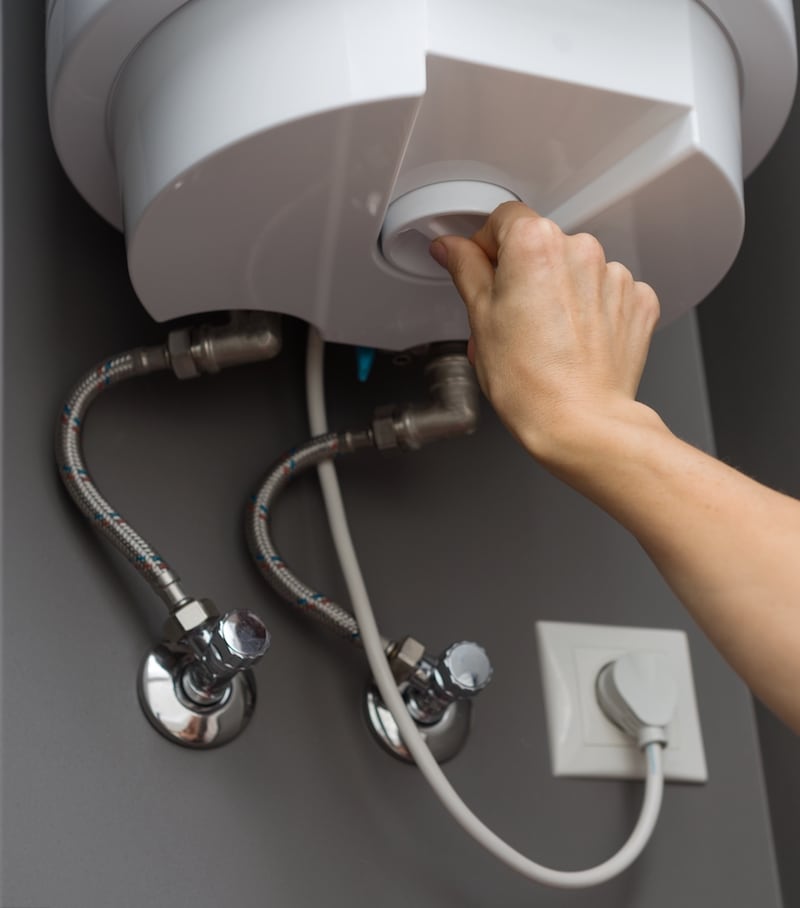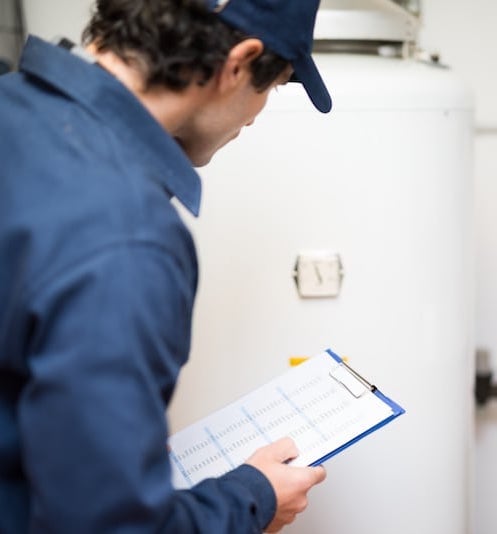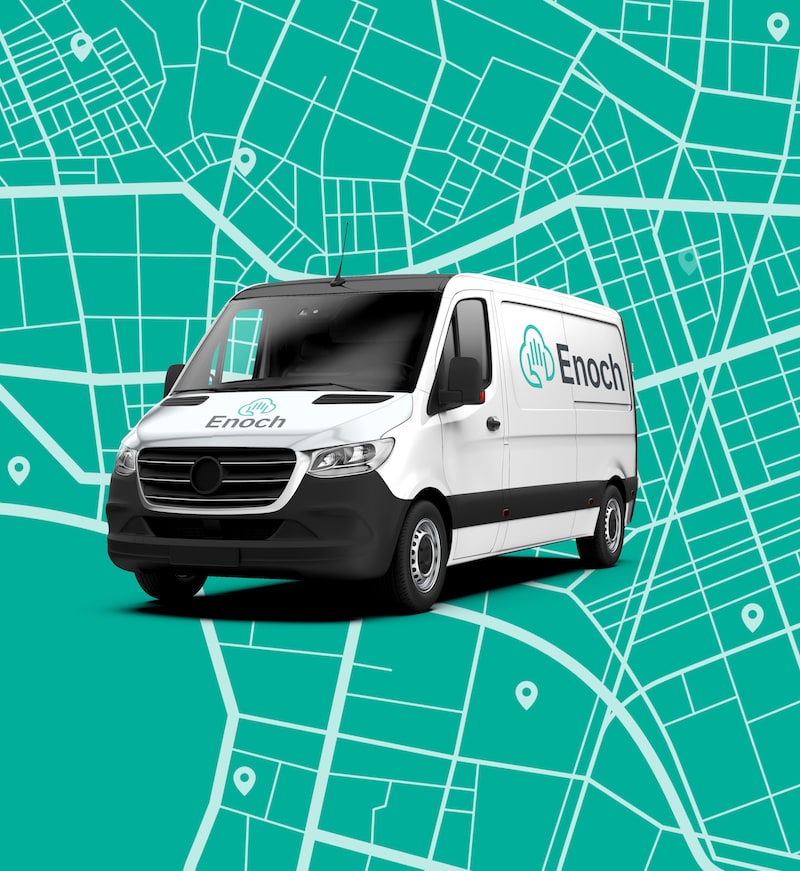A cold shower. If you’ve ever experienced one, it’s not something you’ll likely want to repeat. But without a reliable water heater in your home you may have the pleasure more often than you’d like. There are plenty of other good reasons to consider upgrading or replacing your current water heater beyond a shocking shower. If your current water heater is pushing 10 years old, the likelihood of failure will increase. In addition, older water heaters are much less efficient than newer styles and models. And consider the damage a leaking or broken hot water heater can do to your home. So before you get stuck with an emergency repair or replacement consider the different kinds of water heaters and evaluate which is best for you.
Concerned about whether your old water heater is on its last legs? Check out this helpful article:
HOW TO KNOW WHEN A WATER HEATER IS ABOUT TO GO OUT
To enjoy hot water in your home, you’ll need a fuel source to heat the H2O. Not all of us will have the same options available, depending on where we live, so there will be sources that you can rule out right away. Let’s examine the options.

Learn more about the two most popular options, gas versus electric, in this article:
GAS VS. ELECTRIC TANKLESS WATER HEATERS
When deciding on a water heater consider your fuel costs. Depending on your area of the country, you may be able to save money by making a smart fuel choice. And if you’re building a new home, the investment in a geothermal system may make a lot of sense. Fuel costs aren’t the only thing to consider, however. Different types of heaters have different degrees of efficiency, which is a big part of the cost-saving equation.
Storage Water Heaters
When you say “water heater” this is what most people think of, and what most people own. Storage water heaters consist of a large water tank that stores hot water for use on demand. The water is heated and kept warm by either electric heating elements or a burner fueled by natural gas or propane. Here are some of the issues related to these water heaters.
Tankless, On-Demand Water Heaters
As the name suggests, these heaters provide hot water on demand by heating water as it travels through the unit, utilizing electricity or a gas burner. Because you’re only heating the water you need, significant savings in energy use are possible. Some issues to consider:
Storage and on-demand water heaters are the two most common options. Consult this article to help make your choice: TANKLESS WATER HEATERS VS. STORAGE WATER HEATERS.
Heat Pump Water Heaters
In many areas of the country heat pumps are ubiquitous, providing heating and cooling to homes by pulling in heat from the surrounding environment. Heat pump water heaters perform a similar trick, heating water in a storage tank by pulling in heat from the outside or from a geothermal source. They only work with electricity, and can’t be powered by gas. Some important points to consider:
Solar Water Heaters
When most people think about solar power for the home, they imagine racks of photovoltaic solar panels tacked to the roof. But a less high-tech solution harnesses the power of the sun to heat your water. Solar water heaters are a cost-effective means of generating hot water by tapping into the power of free sunshine. These systems combine storage tanks and roof-mounted solar collectors to heat and store water for use in your home.
If you’re considering going with a storage type water heater, one of the key considerations will be the size of the tank. Water heater storage tanks generally range from 20 to 80 gallons, with a small 20 to 30-gallon tank suitable for two to three people, and with a larger family of five or more needing a 60 to 80-gallon capacity. Of course, you should be sure to plan for increases in your needs if you’re planning on starting a family.

When you’re deciding how to approach the purchase and installation of a water heater it’s important to tap into the expertise of experienced professionals with the knowledge to apply the right solution for your home. Contact our team, and we’ll figure out the best way to help you keep your water hot and your family happy. Quotes are free, so contact us right away.

Hello, Amazing article and your article information about the water heater is very impressive and so much helpful for me. Keep it up and Thank you very much.:)
Really love this post, your comparison have show up everything I need right now. Thank you
I really liked your explanation of on-demand water heaters and how they can bring you significant water savings. Since we live in a small condominium with only three people living in it at a time, I can see how this unit can benefit us much more than any other kind of appliance. Once I find a plumber in the area, I'll definitely ask that they install one of these for us.